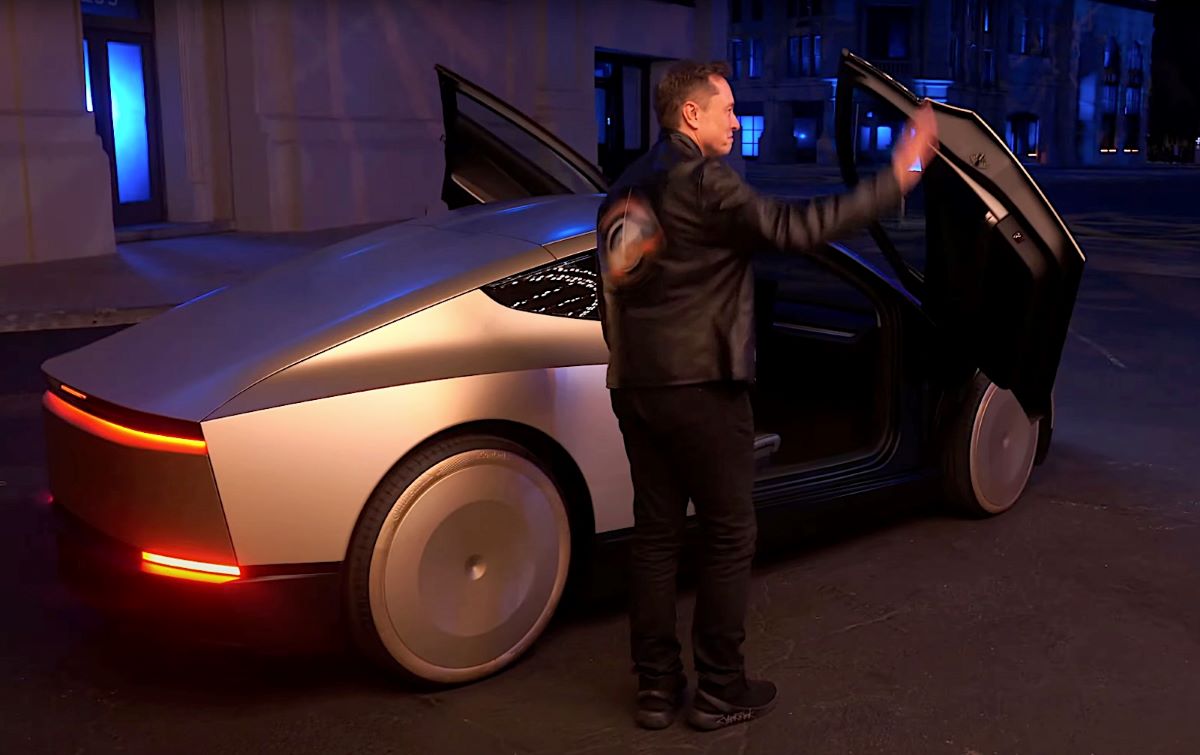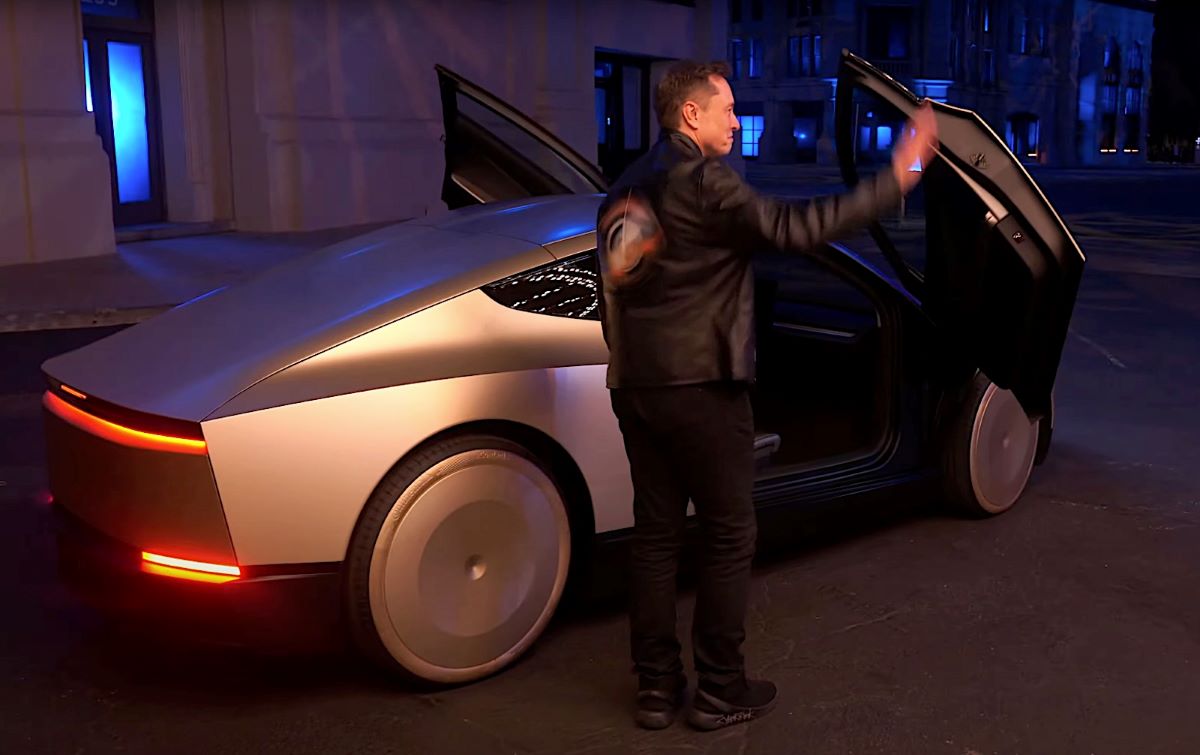Tesla Suspends Cybercab and Semi Components from China as Tariff War Begins, Potential Delay for Mass Production
Tesla has suspended plans to import key components from China for its upcoming Cybercab and Semi electric trucks, following a sharp escalation in U.S. tariffs under President Trump's trade policy, acc

Tesla has suspended plans to import key components from China for its upcoming Cybercab and Semi electric trucks, following a sharp escalation in U.S. tariffs under President Trump's trade policy, according to Reuters, citing people familiar with the matter.
The move poses a threat to Tesla's timeline for launching mass production of the two much-anticipated vehicle models, originally set to begin trial builds in October and ramp up fully in 2026.

The decision follows Trump's aggressive tariff hikes on Chinese goods — jumping from 34% to 145% in recent weeks — which tesla initially intended to absorb, but ultimately found unsustainable as rates surged. The suspension affects shipments bound for Tesla's Gigafactory in Texas, where the Cybercab is planned to be assembled, and its Nevada facility for the Semi.
While the tariffs are part of Trump's broader strategy to incentivize domestic manufacturing, they are now directly impacting one of his most prominent business allies, Elon Musk. as a vocal supporter of free trade, has publicly opposed tariffs and warned of their disruptive effects. Ironically, the new tariff regime could stall growth plans that Musk has been pitching to investors as key innovation drivers for the company.
Tesla has already begun increasing its sourcing from North America over the past two years in anticipation of such policy risks, but the latest tariff hike forced an immediate halt in Chinese shipments. The company's plans include a sub-$30,000 robotaxi version of the Cybercab and a ramp-up of Semi truck deliveries, including to clients like Pepsi.
The delay also comes amid retaliatory measures from China, which slapped a 125% tariff on U.S. goods — prompting Tesla to stop taking new orders for its Model S and Model X in the Chinese market. According to S&P, Chinese auto components account for roughly 15-20% of the U.S.'s component imports by value, highlighting the significance of the disruption.
Trump, speaking Monday at the White House, hinted at future adjustments to tariffs on auto parts from other countries, saying automakers need a little bit of time because they're going to make 'em here. However, details remain vague, and companies like Tesla are left navigating growing uncertainty in global trade flows.
Disclaimer: The views in this article are from the original Creator and do not represent the views or position of Hawk Insight. The content of the article is for reference, communication and learning only, and does not constitute investment advice. If it involves copyright issues, please contact us for deletion.